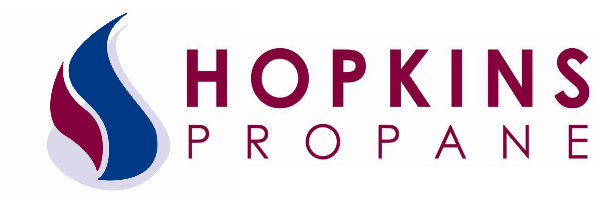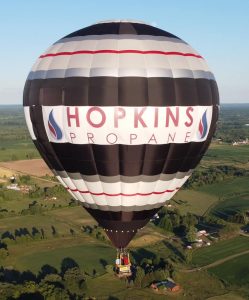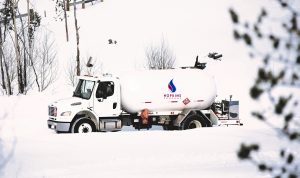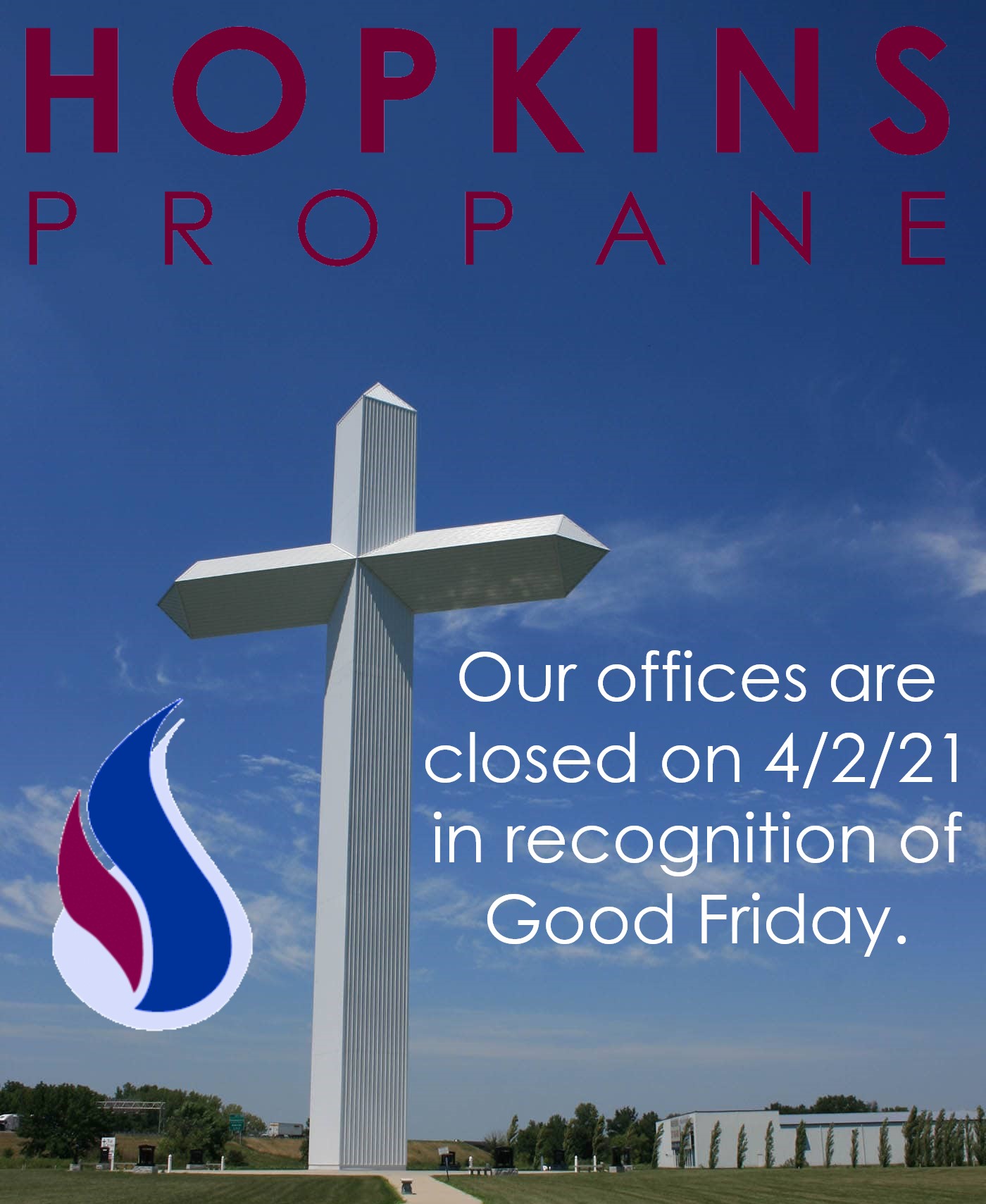Not only is propane cost-effective, efficient, and affordable for personal and commercial users, but is also a clean alternative fuel option. Learn more about the eco-friendly characteristics of propane.
A Cleaner, Greener Energy Option
Propane is labeled a clean fuel in the 1990 Clean Air Act and an alternative fuel by the Energy Policy Act of 1992. Because it’s a lower-carbon fuel, it burns cleaner than gas and more efficiently than other more polluting energy alternatives. It’s not considered a greenhouse gas, and using it as an energy source can actually reduce carbon dioxide, carbon monoxide, and nitrogen gas compared to emission levels of these pollutants by diesel- and gasoline-powered sources.
Minimal Effect on the Environment
In vapor or liquid form, propane is non-hazardous to the environment. It is non-toxic when accidentally inhaled and is only harmful if it comes into contact with skin. While large spills can freeze plants and organisms in the immediate area, these spills do not have a large negative effect on the environment. Propane is insoluble in water and also does not significantly damage marine life, underwater plants, salt, and freshwater ecosystems.
Low Greenhouse Gas Emissions
Although the emissions from propane are greenhouse gases, the level that is emitted is far below any modern carbon-based fuel used for vehicles and engines. Several studies have been conducted on propane emissions by the Southwest Research Institute, and researchers have concluded that propane use can decrease smog-producing exhaust by about 70%. The Environmental Protection Agency (EPA) has certified the majority of propane-fueled vehicles to meet the Ultra-Low Emission Vehicles standard.
Looking for a cleaner, more dependable energy source? Hopkins Propane provides propane delivery to residential, commercial, and agricultural facilities throughout West Michigan. Find the perfect propane tank size to accommodate your needs and request a quote today.








 Our offices are closed on Friday April 2nd, 2021 in recognition of Good Friday. We will be back open on Monday April 5th, 2021 to service your propane needs.
Our offices are closed on Friday April 2nd, 2021 in recognition of Good Friday. We will be back open on Monday April 5th, 2021 to service your propane needs.
